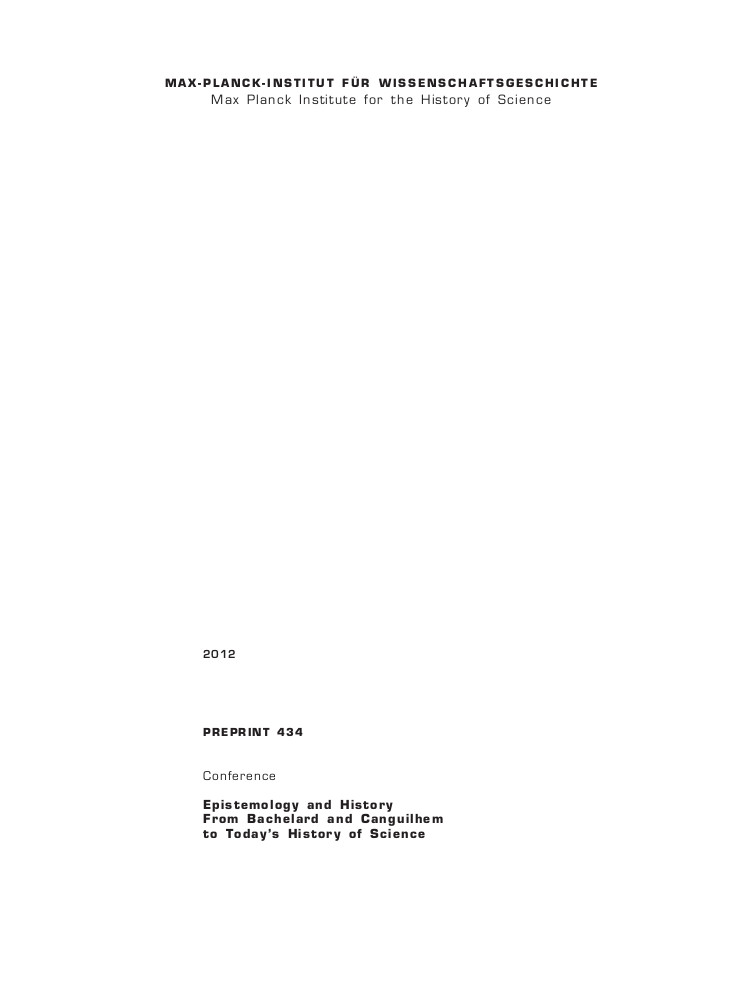Robert Rosen: Essays on Life Itself (1999)
Filed under book | Tags: · algorithm, anticipation, biology, causality, complex systems, complexity, environment, life, machine, mathematics, mind, philosophy of science, physics, science, semantics, systems theory, technology, theory

“In this collection of twenty-two essays, Rosen takes to task the central objective of the natural sciences, calling into question the attempt to create objectivity in a subjective world. The book opens with an exploration of the interaction between biology and physics, unpacking Schrödinger´s famous text What Is Life? and revealing the shortcomings of the notion that artificial intelligence can truly replicate life.
He also refutes the thesis that mathematical models of reality can be reflected entirely in algorithms, that is, are of a purely syntactical character. He argues that it is the noncomputable, nonformalizable nature of biology that makes organisms complex, and that these systems are generic, whereas those systems described by reductionistic reasoning are simple and rare.
An intriguing enigma links all of the essays: ‘How can science explain the unpredictable?'”
Publisher Columbia University Press, 1999
Complexity in Ecological Systems series
ISBN 023110510X, 9780231105101
x+360 pages
Reviews: Bruce J. West (Quarterly Review of Biology, 2001), Donald C. Mikulecky (c1999).
PDF (removed on 2019-10-30 upon request from Judith Rosen)
Comment (0)Max Planck Institute (ed.): Epistemology and History: From Bachelard and Canguilhem to Today’s History of Science (2012) [EN, FR, DE]
Filed under proceedings | Tags: · discourse, epistemology, historical epistemology, history, history of science, knowledge, philosophy, science, theory

“Over the past few years, “historical epistemology” has had quite a successful international career. Starting with a week-long conference organized by Ian Hacking in Toronto in 1993, historical epistemology was and continues to be used as a label for a wide variety of projects and programs: from Hacking’s own discussion of styles of scientific reasoning to Lorraine Daston’s historicization of epistemological categories and values, Arnold Davidson’s investigations into the conceptual formation of new kinds of knowledge and experience and the attempt undertaken by Peter Damerow et al. to broaden the scope of Jean Piaget’s “genetic epistemology” by historical means.
These conference proceedings attempt to historicize and contextualize historical epistemology and, by the same token, to create a prerequisite for concrete and critical updates.” (from the Introduction)
Contributions by Camille Limoges, François Delaporte, Monika Wulz, Thomas Ebke, Stefanos Geroulanos & Todd Meyers, Claude Debru, Pierre-Olivier Méthot, Françoise Balibar, Sandra Pravica, Cornelius Borck, Andrea Cavazzini, Maria Muhle, Cristina Chimisso, Frieder Otto Wolf, and Anselm Haverkamp.
Publisher Max-Planck Institute for the History of Science, Berlin, 2012
MPG Preprint 434
Open Access
232 pages
PDF (1.4 MB)
Comment (0)Nikolaus Gansterer (ed.): Drawing A Hypothesis: Figures of Thought (2011)
Filed under book | Tags: · abstraction, art, contemporary art, data visualisation, diagram, drawing, image, knowledge, perception, representation, research, science, theory

“Drawing a Hypothesis is a reader on the ontology of forms of visualizations and on the development of the diagrammatic view and its use in contemporary art, science and theory. In a process of exchange with artists and scientists, Nikolaus Gansterer reveals drawing as a media of research enabling the emergence of new narratives and ideas by tracing the speculative potential of diagrams. Based on a discursive analysis of found figures with the artists’ own diagrammatic maps and models, the invited authors create unique correlations between thinking and drawing. Due to its ability to mediate between perception and reflection, drawing proves to be one of the most basic instruments of scientific and artistic practice, and plays an essential role in the production and communication of knowledge. The book is a rich compendium of figures of thought, which moves from scientific representation through artistic interpretation and vice versa.”
Translation: Veronica Buckley, Aileen Derieg
Publisher Springer, 2011
Edition Angewandte
ISBN 3709108020, 9783709108024
352 pages
Review: Mark Robert Doyle, Gert Hasenhuetl (in German).
PDF (updated on 2021-12-17)
Comments (4)
